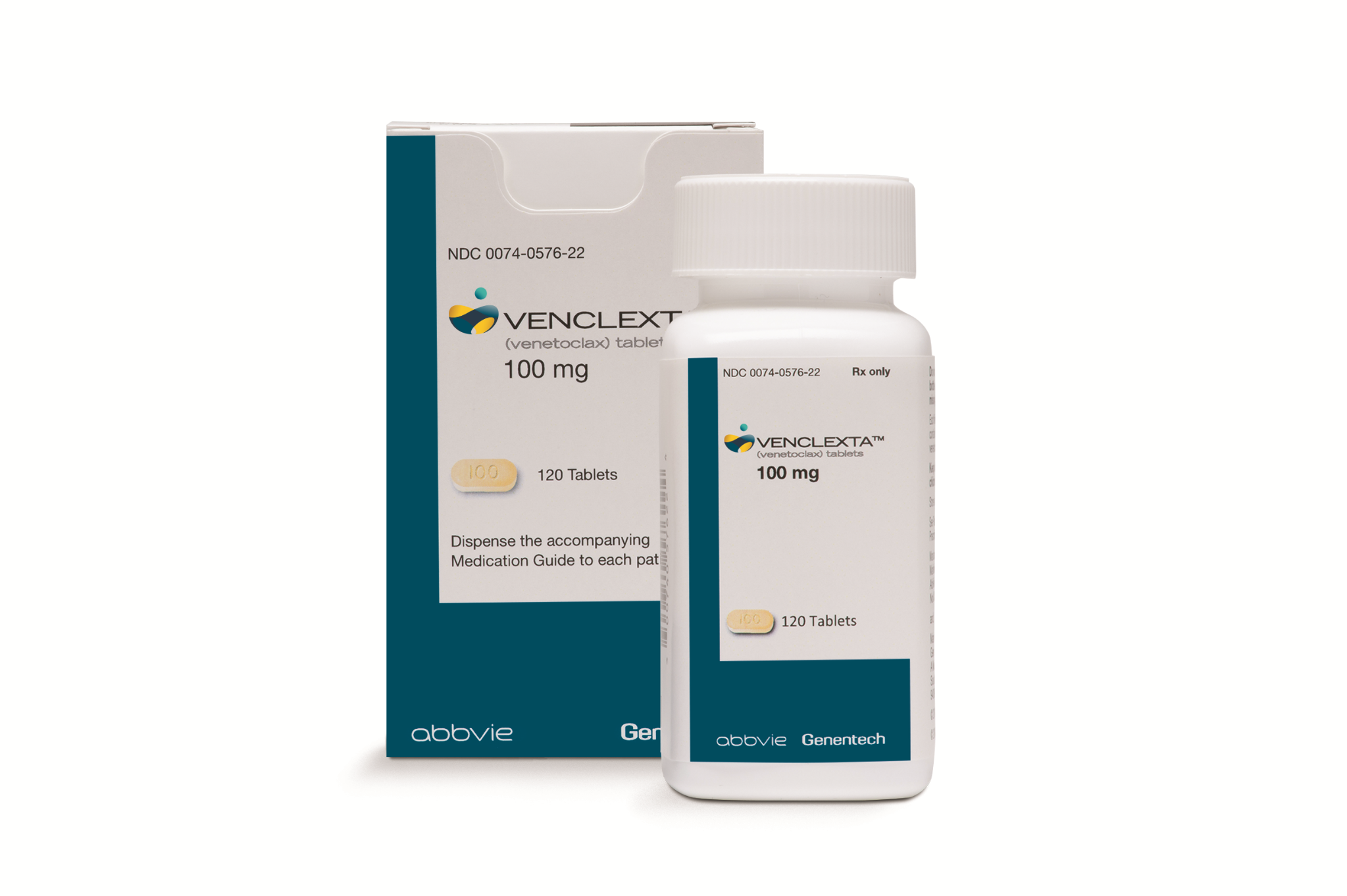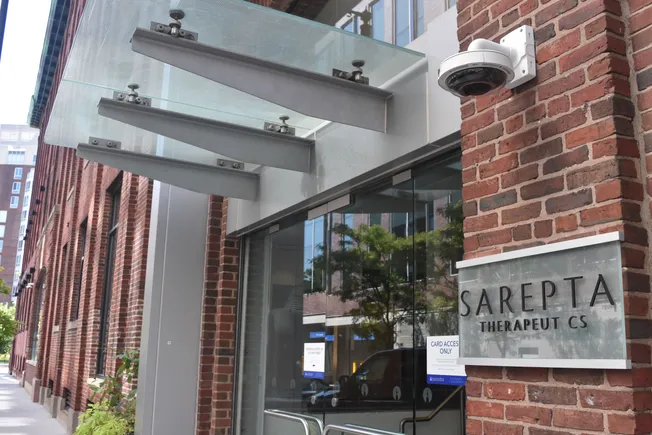STAT+: Pharmalittle: We’re reading about a Sarepta setback with a DMD drug, FDA workload causes a delay, and more
In today's Pharmalittle roundup, we're reading about a Sarepta setback with its Duchenne drug, the FDA workload causing a delay, and more.

Good morning, everyone, and welcome to another working week. We hope the weekend respite was relaxing and invigorating, because that oh-so-familiar routine of meetings, deadlines, and messages has returned. But what can you do? There is no pause button to stop the world, such as it is, from spinning. So this means one thing: time to dig in to the tasks at hand. On that note, we have assembled a menu of tidbits to help you get started. Meanwhile, we have also fired up the coffee kettle for another cup of stimulation. Our choice today is Mexican cinnamon. We hope your day is simply smashing and, as always, do keep in touch if something saucy arises …
Sarepta Therapeutics is halting shipments of its Duchenne muscular dystrophy gene therapy for patients who can no longer walk, following the death of a second person who received the treatment, STAT writes. The company disclosed the first patient death — a 16-year-old boy — in March. Both occurred from acute liver failure, a side effect that has been seen with other gene therapies. Sarepta said both patients were non-ambulatory, meaning their disease had progressed to the point they relied on a wheelchair. Most children with Duchenne lose the ability to walk by adolescence. The company is now working with experts to come up with an enhanced immunosuppressive regimen that could make the therapy, called Elevidys, safer for non-ambulatory patients. Sarepta also said it was pausing dosing in an ongoing clinical trial of Elevidys, called Envision, that is focused on older ambulatory and non-ambulatory patients.
Sens. Bernie Sanders (I-Vt.) and Angus King (I-Maine) introduced a bill that would ban pharmaceutical manufacturers from using direct-to-consumer advertising, including social media, to promote their products, The Wall Street Journal writes. The bill would prohibit any promotional communications targeting consumers, including through television, radio, print, digital platforms, and social media. It will apply to all prescription drug advertisements. The bill comes after repeated calls from Department of Health and Human Services Secretary Robert F. Kennedy Jr. to end prescription drug advertising. Kennedy said while running for president that he would issue an executive order kicking pharmaceutical commercials off television, arguing that Americans take too many prescription medicines and suggesting that industry spending was influencing news coverage of the drug industry. Sanders and King each voted against Kennedy’s confirmation, but are critics of prescription drug ads. King in February introduced a bill to prohibit pharmaceutical advertising to consumers in the first three years after a medicine’s approval, following other efforts in past years.























































































![The sights of Paris Air Show Day 1 [PHOTOS]](https://breakingdefense.com/wp-content/uploads/sites/3/2025/06/IMG_1798-scaled-e1750092780492.jpg?#)



























































